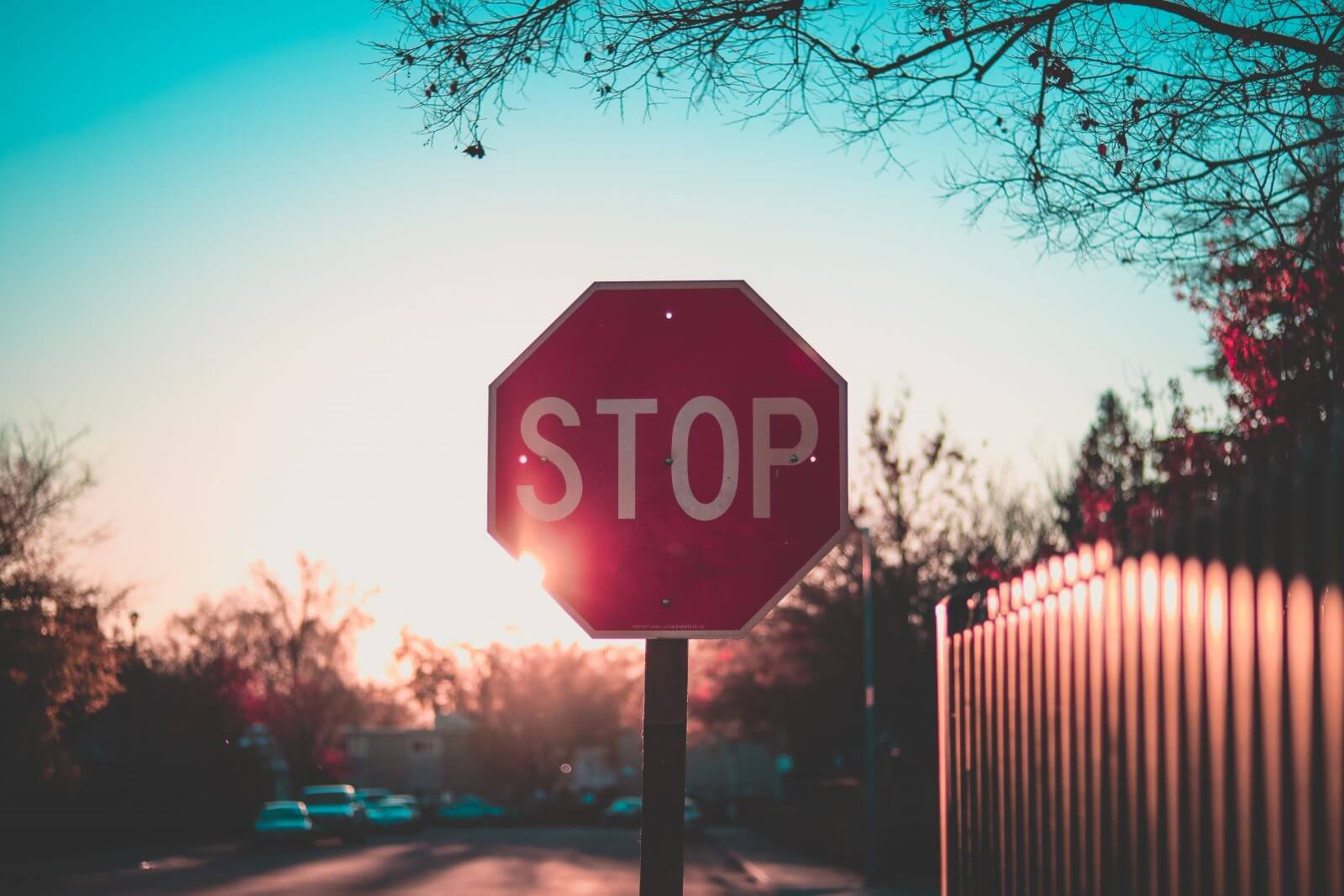Though only two letters, sometimes “no” can feel like a four-letter word. Repelled by the discomfort saying no can cause, saying yes is often a default — even if it signs you up for something you don’t want to do.

Saying yes too often is toxic because it dilutes your energy and dedication to the things that matter to you. You begin to involve yourself in situations because you are asked to, not because you are genuinely interested. Even rarer is the overlap of the request of your time and the progression toward your personal goals and desires.
Before making any change, it’s important to understand the reasons for the behavior in the first place. Let’s explore some of the reasons we say yes:
- We care about the person asking
- It contributes to our personal goals and priorities
- It’s something we genuinely want to do
- We feel obligated
- We’re afraid to say no
- We think we’re supposed to
- It’s the nice thing to do
There are a lot of great reasons to say yes, so it must not be harmful to do, right?
Wrong. Saying yes to something means you have to say no to something else. So if it’s not something you truly have a passion for, it can be detrimental to achieving your goals.
Conversely, saying no to something enables you to say yes to something else, such as an opportunity you care more about.

We spend our formative years learning how to say yes. We say yes to our parents and to our teachers. Later, when we get a job, we say yes to our bosses. Author of the popular blog Farnam Street, Shane Parrish says,
“Success in school is about saying yes. It’s about putting your head down and doing what other people tell you to do when they tell you to do it. Success in life is about saying no to the non-essential. It’s the things you don’t do that give you the time and space to work on the projects and deepen the relationships that matter to you.
He goes on to quote Steve Jobs: “Innovation is saying ‘no’ to 1,000 things.” In the same vein, Warren Buffet said “The difference between successful people and very successful people is that very successful people say no to almost everything.”
Success, as two of the most successful people in the world have alluded to, requires choosing to do what is essential and saying no to everything else. Author of the book Essentialism: The Disciplined Pursuit of Less, Greg McKeown says essentialists — those who focus on what matters and weed out the rest — know they always have a choice. Your ability to choose can never be taken away from you; you can just forget you have it. In the video below, McKeown talks about the difficulty of saying no and the sometimes uncomfortable process of thinking through it:
Now that we’ve established why to say no more often, it’s time to begin thinking about how to go about doing it. While we at Studio/E could always get better at it, we are prescriptive about the opportunities we say yes to, and we hope to help you sharpen your ax so you can cut your yeses down to the things you truly want to do.
Here are 10 practices to help you say no:
- Create boundaries. Feel empowered to say no any time a request is outside of your set parameters. In this Forbes article, entrepreneur Amy Rees Anderson says she sets a boundary around working on Sundays, making it a non-negotiable no. “If you allow yourself to break the boundaries even once, you will end up breaking that boundary again and again. Remember, it’s only a true boundary if there are no exceptions.”
- Know your priorities. Does saying yes get in the way of achieving your goals? Use your priorities as a filter through which you run all requests of your time. If you need help identifying your priorities, this tool will guide you.
- Do a gut check. Does something feel off? Your gut will tell you if so.
- Give yourself time. Unless someone is asking you for a quick hand right away, you should have time to think through if you really want to do this. Pause long enough, as Greg McKeown says in the video above, to see what the real price would of saying yes is.
- Remove yourself from the moment. Try to get a bird’s-eye view to understand what you’ll have to say no to later if you say yes to this opportunity now. Weigh your options before you decide.
- Check your ego. Your ego, as author Ryan Holiday says, is the enemy. Don’t let your desire to be liked get in the way of saying no to something you simply don’t want to do. You’ll still be liked, and you won’t be resentful. Double whammy.
- Don’t provide an excuse. An excuse weakens your foundation and provides opportunities for you to change your mind. This Science of People article says, “The problem with offering an excuse is it gives people the opportunity to change their request so that your excuse doesn’t justify your no.”
- Be courteous. It’s nice someone thought of you to help them. You can say no gracefully by thanking them for thinking of you or telling them you’re sorry (just don’t tack on an excuse).
- Remember: no doesn’t mean never. Sometimes no simply means not right now. Keeping this in mind might make it easier for you to say no.
- Practice. The more you say no, the more you’ll get used to it. Plus, you’ll see how your world doesn’t crumble when you say no, so you’ll be more willing to follow your gut when you know yes is the wrong answer.
You now know the why behind saying no more often, as well as ideas for how to do it. Your next step is to try it out. It doesn’t make you mean or unhelpful or unwilling; it makes you clear on your priorities. If you’re struggling to say no, remember this:
It is easier to endure the discomfort of saying no now than to feel resentful for saying yes later.
We’ll see you on the other side.

Part of knowing what to say no to is being clear on what you dream of accomplishing. If you could use some help identifying your priorities, we have a program coming up that may interest you check-out our Expedition Program!


SUBMIT YOUR COMMENT